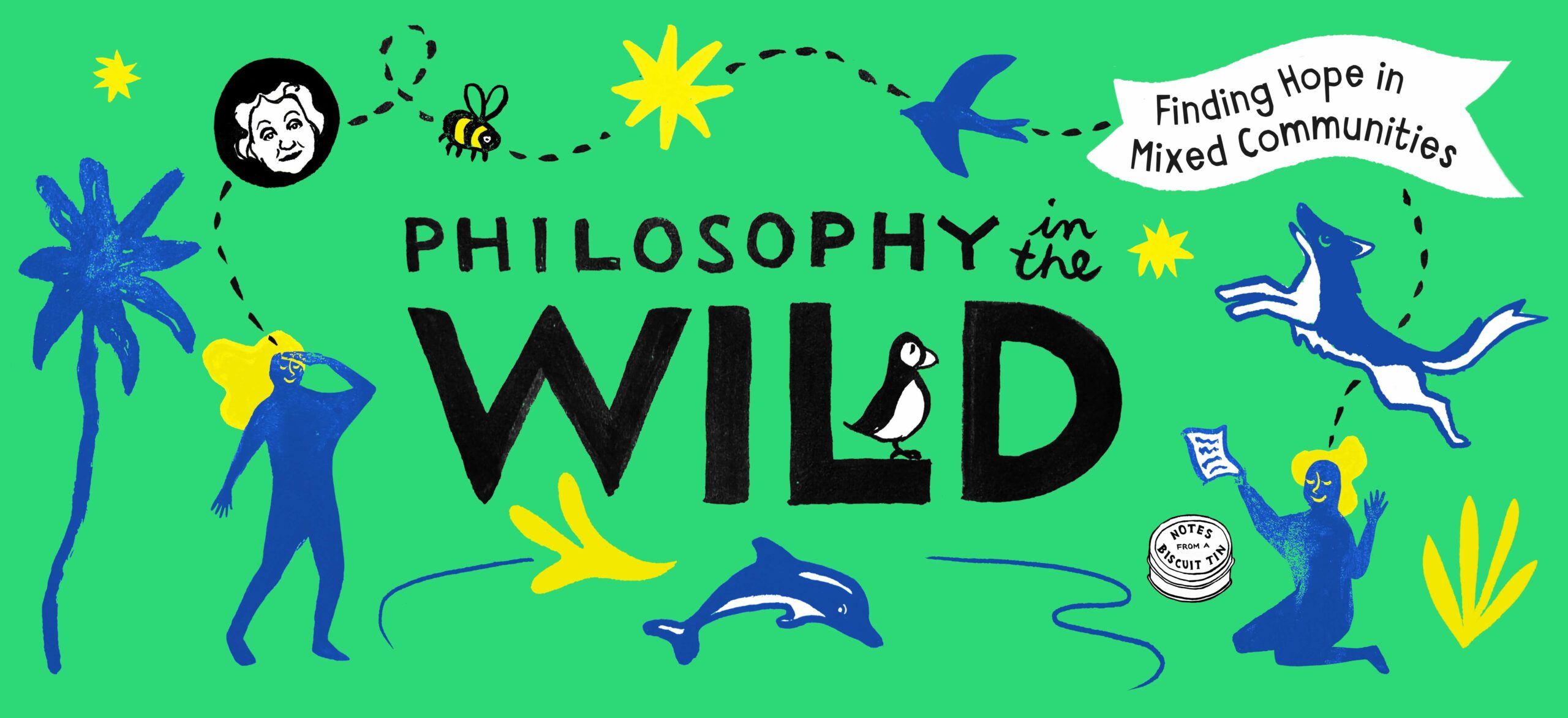
Philosophy in the Wild – Finding Hope in Mixed Communities
Philosophy in the Wild – Finding Hope in Mixed Communities, is a global Women In Parenthesis public philosophy project which builds on the success of Notes from a Biscuit Tin.
Between April 2025 and April 2026, an anthrozoological vasculum, symbolising Midgley’s biscuit tin, will collect field notes and multispecies poetry from 13 global sites.
Philosophy in the Wild is curated by philosopher-poet Mara-Daria Cojocaru.
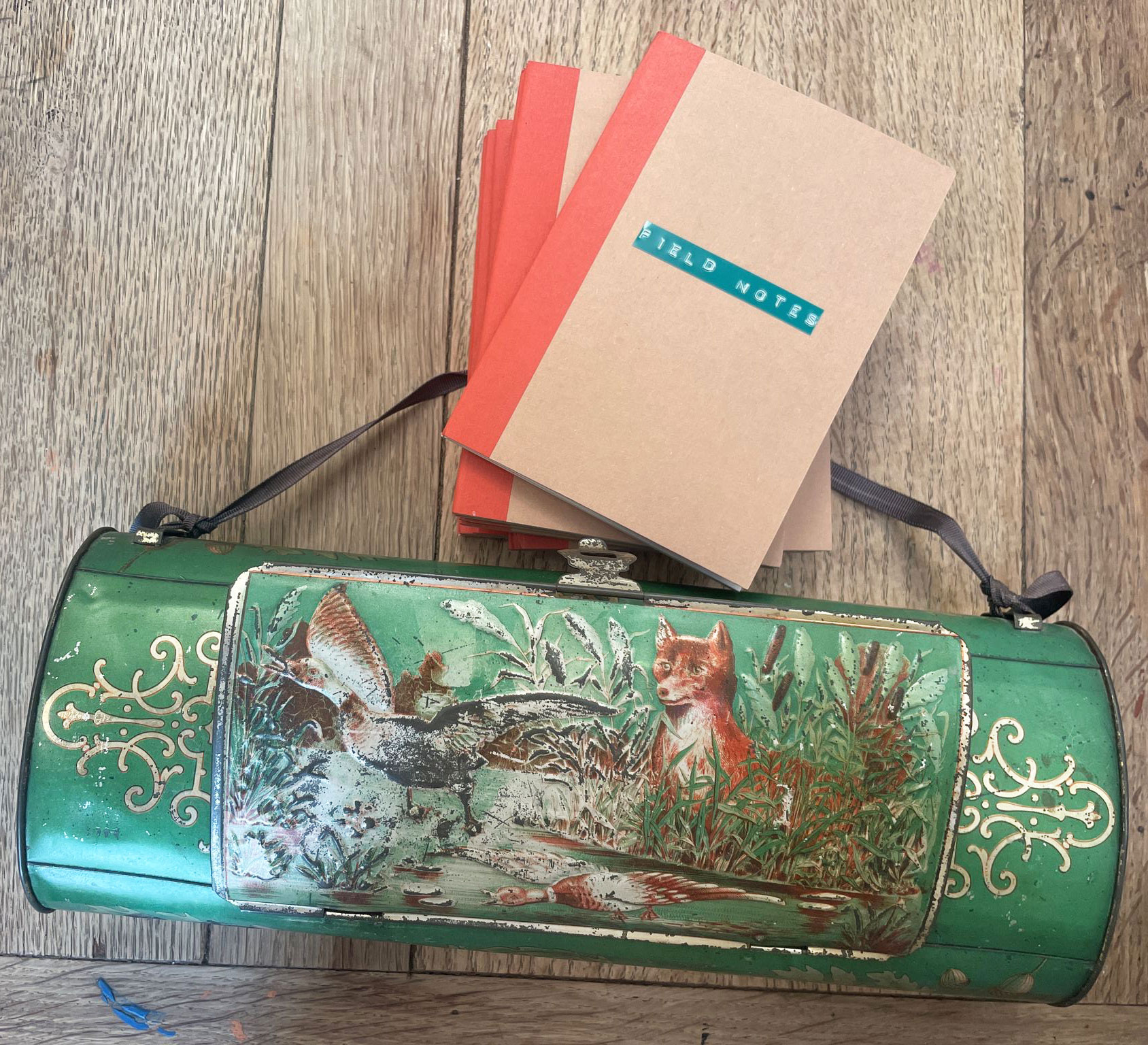
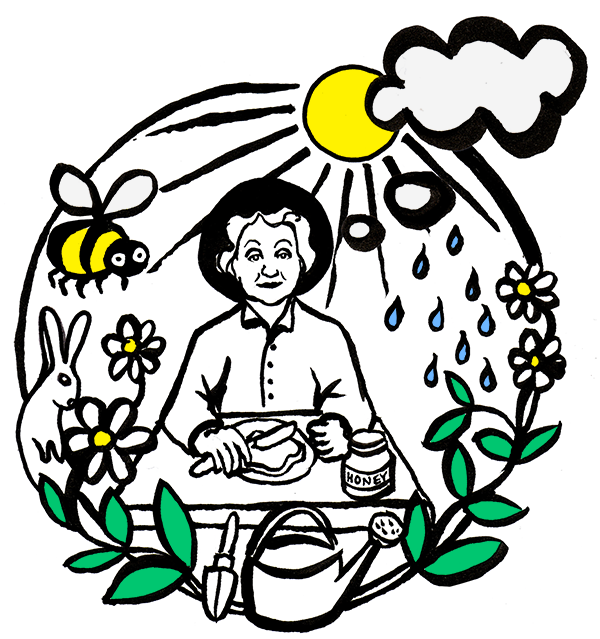
Background
Philosophy in the Wild examines the concept of the ‘mixed community’ in a series of concrete settings. The concept was coined in 1983 by the philosopher Mary Midgley to underline the fact that humans have never lived apart from other animals. Midgley used it to emphasise the idea that we, humans, are one animal-species among others, and that the structures of human life are interwoven with those of the other animals among whom we live. For Midgley, wild living animals are not excluded from membership of a mixed community. Today, at a time when the biomass of the land-based mammals is 96% constituted by humans and the domesticated animals they control, Midgley’s work invites us to think about how we can transform multi-species communities in ways that benefit all members.
By facilitating the creation of multi-species poetry Philosophy in the Wild will also raise questions about the possibilities for human-animal conversation and creative collaboration. Clare Mac Cumhaill and Rachael Wiseman have argued that human animals are ‘metaphysical’ by nature. Drawing on Midgley’s reflections on the importance of poetry to human life, they have proposed that an instinct for poetry and novelty is one way in which our nature as metaphysical animals is expressed. As the zoological vasculum facilitates the creation of multi-species poetry, it will provoke questions about the ways in which this instinct might be shared with and communicated to other kinds of animal.
Central research questions of Philosophy in the Wild are:
- what do mixed communities in which wild animals thrive alongside humans look like?
- how do we realise (more of) them?
- how can the concept of a ‘mixed community’ help us to theorise and build non-exploitative forms of human-animal relations?
- what forms of conversation and co-creation are possible in a mixed-community?
- how can mixed communities be sources of hope?
Sites
The project will cover 13 sites across the globe where philosophers, animal studies scholars, artists and wild (living) animals will meet to reflect on and celebrate their local mixed community. As part of their activities, they will create multi-species poetry - that's a piece of art that is not just about but also co-created with and for other animals.
You can explore the sites below and also follow the activities on Instagram @notesfromabiscuittin.
Explore the sites
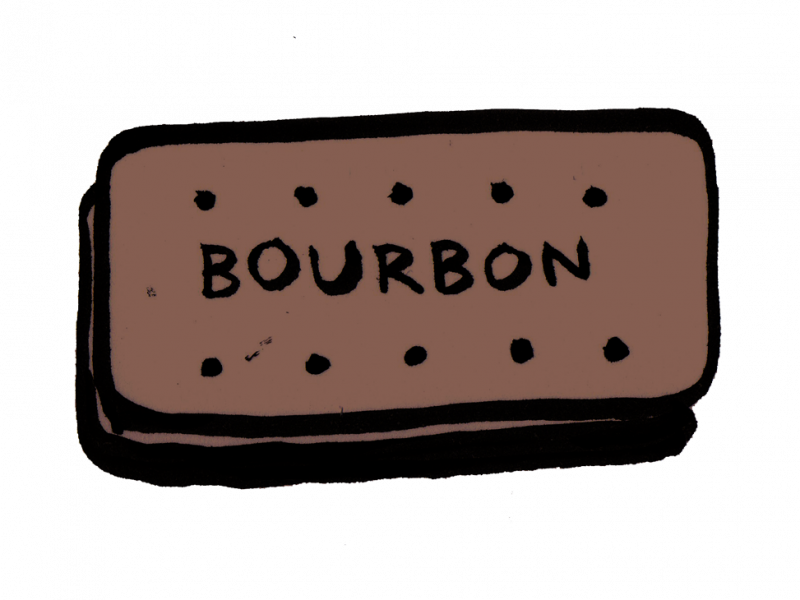
Hateg, Romania
March 10, 2025April, May & July 2025
Alina Rusu, Irina Frasin, Eugen Jurco, Alex Cuibus, Cathy Raducu, Cristian Sitar
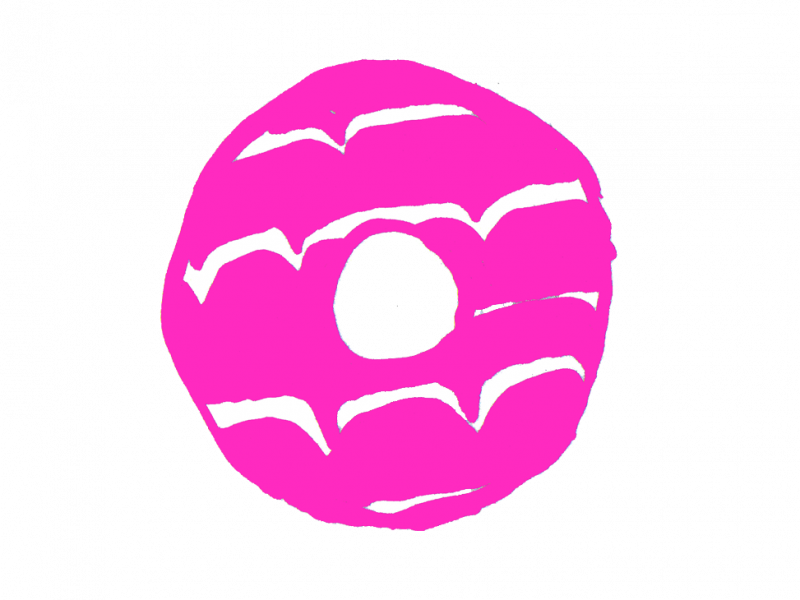
Vienna, Austria
March 9, 2025August & October 2025
Konstantin Deininger, Claudia Hirtenfelder, Vienna Animal Studies group, The Austrian Bat Station
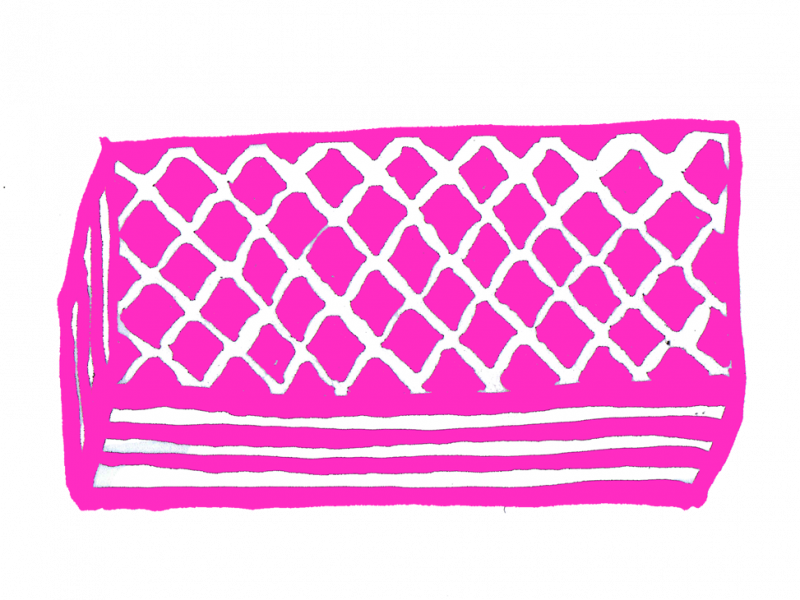
Minas Gerais & Santa Catarina, Brazil
March 7, 2025October 2025 José Costa Júnior, Beatriz Búrigo, Caetano Sordi
The route
More from In Parenthesis

Mapping the Quartet is an international networking site for researchers working on the Quartet and Quartet+. It includes interactive historical maps of Oxford, Cambridge and London and a self-guided walking tour of Oxford.















